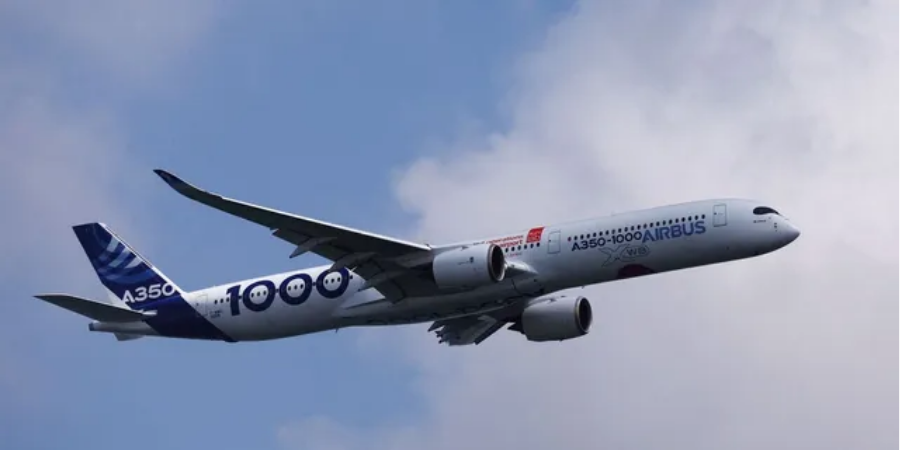India–US Trade Tensions Rise Over Steel and Auto Tariffs NMDC Limited reports a 38% drop in Q4 FY24 consolidated net profit RINL to Raise $23 Million Through Land Sales Amid Crisis

Singapore, a global aviation hub, has committed to using sustainable aviation fuel (SAF) to power all departing flights by 2026, as part of its efforts to reduce greenhouse gas emissions. However, this ambitious goal is facing challenges, particularly regarding cost and supply.
The cost of SAF remains significantly higher than traditional jet fuel, posing financial challenges for airlines. While incentives and subsidies exist to offset the cost difference, they may not be sufficient to cover the entire expense. This could lead to increased ticket prices for passengers, potentially impacting air travel demand.
Supply constraints also loom large. The global supply of SAF is limited, with production capacity lagging behind demand. Scaling up production to meet Singapore's mandate would require significant investment in infrastructure and technology, which may take time to materialise. Additionally, competition for feedstocks, such as cooking oil and animal fats, further complicates the supply chain.
To address these challenges, stakeholders are exploring various strategies. One approach is to diversify feedstock sources, including exploring new technologies like synthetic fuels. Collaboration between governments, industry players, and investors is also crucial to accelerate the development and adoption of SAF.
Despite these obstacles, Singapore remains committed to its green aviation goals. The government has announced plans to invest in SAF production facilities and research initiatives to support the industry's growth. The country's strategic location and strong infrastructure make it well-positioned to lead the region in sustainable aviation.
Singapore's green jet fuel mandate represents a significant step towards reducing aviation emissions. However, challenges related to cost and supply must be addressed to ensure the successful implementation of this ambitious goal. Collaboration and innovation will be key in overcoming these hurdles and making sustainable aviation a reality.
Also Read : LME bans Russian-origin metal after UK & US impose new sanctions Hyundai Steel aims to overhaul electric arc furnaces in 2024